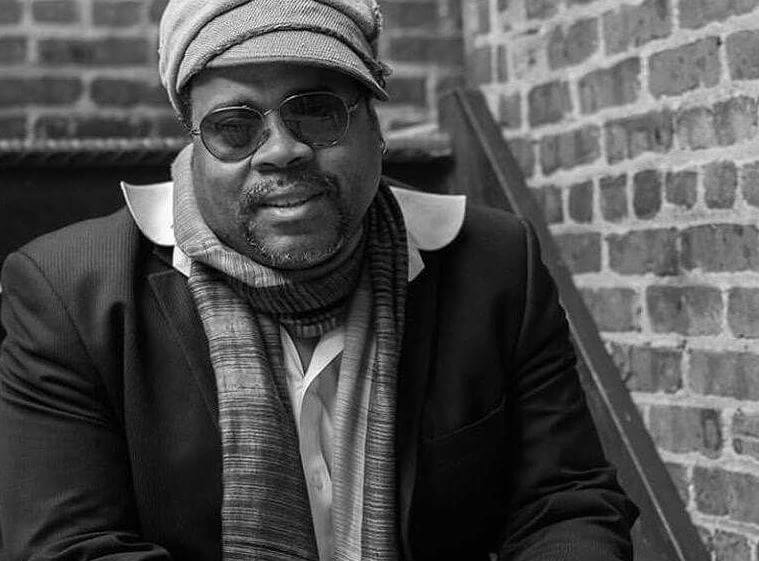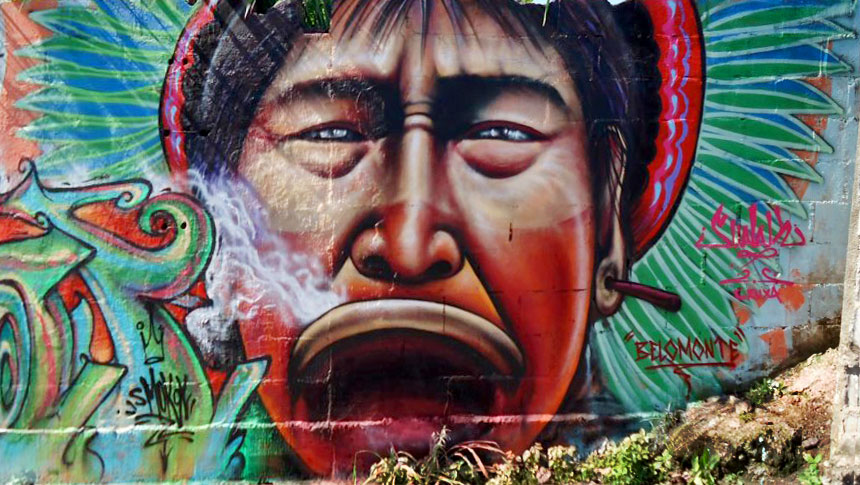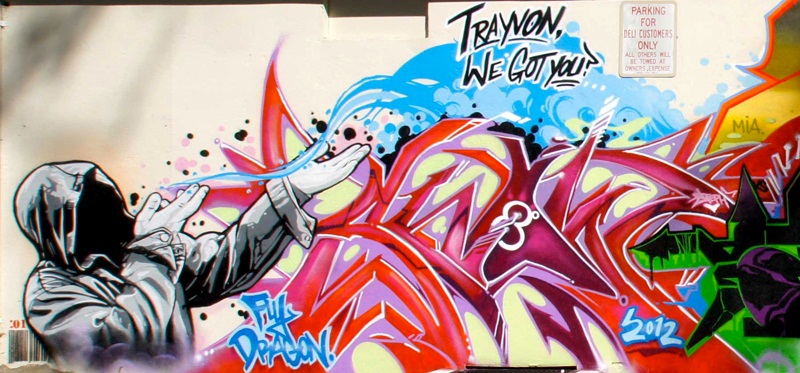 2021 has truly been one of the most tragic years in hip hop history with the forever silence of many beloved voices in the culture and unfortunately we have added another name to the obituaries.
2021 has truly been one of the most tragic years in hip hop history with the forever silence of many beloved voices in the culture and unfortunately we have added another name to the obituaries.
Longtime cultural critic, musician, and the godfather of hip hop journalism Greg Tate has passed away at the age of 64.
The circumstances surrounding his death are still unknown.
For music writers everywhere, Greg Tate set the standard for what it meant to engage with music through a prism that was unapologetically radical and for black writers, unapologetically black.
His vast collection of articles, essays, columns, and literature made you look at the music beyond the beats and rhymes and told the history of the black experience in Western society.
He was destined from the beginning to open minds and shake foundations.
Greg was born in Dayton, Ohio to Charles and Florence Tate who were active in the Civil Rights Movement specifically as part of the Congress for Racial Equality.
He was surrounded by black conscious politics and music and was inspired by the likes of Malcolm X, Amiri Baraka, and Nina Simone.
His interest in writing about music came from reading Rolling Stone as a teenager and he later went on to attend Howard University where he majored in journalism and film.
He was to hip hop what his idol Amiri Baraka was to blues, which is to tell the story of an historically oppressed people through the lens of the artistic genius that was born out of that oppression.
Beginning in 1987, Greg became a staff writer for the Village Voice in New York where he engaged regularly with all elements of black culture from jazz to rock n roll and was one of the first writers to write about hip hop.
At the time, the Village Voice was seen as an outlet for a largely white middle class readership and Greg ushered in a whole new era that attracted a new audience.
He gave credit to the Voice’s music critic Robert Christgau for hiring him and was quoted as saying that Christgau “believed Afro-diasporic musics should on occasion be covered by people who weren’t strangers to those communities.”
His rise in journalism coincided with the rise of hip hop and it was fitting that he was in New York, the birthplace of hip hop, to bear witness to greats such as Public Enemy, Big Daddy Kane, KRS-One, and Eric B. and Rakim.
He famously covered the rise of Eric B. and Rakim and it was his 1988 review of the famous duo that placed them in a category as one of the most influential acts of all time.
In the piece, he wrote “the music on ‘Follow the Leader’ is spooky, a science-fiction score that sounds straight out of the Tangerine Dream songbook”.
“Rakim’s on an elocutionary speed-trip, a black bullet train slitting through hyperspace.”
Being the critic that he was, he also didn’t shy away from offering his take on what he saw was wrong in hip hop.
Greg took Public Enemy to task for lyrics that were sexist, homophobic, and anti-semetic.
“Since PE show sound reasoning when they focus on racism as a tool of the U.S. power structure, they should be intelligent enough to realize that dehumanizing gays, women, and Jews isn’t going to set black people free. As their prophet Mr. Farrakhan hasn’t overcome one or another of these moral lapses, PE might not either. For now swallowing the PE pill means taking the bitter with the sweet, and if they don’t grow up, later for they asses.”
Think about how far ahead he was to be a cisgender man who was anti-sexist and anti-homphobic in the world of hip hop as well as calling out other forms of bigotry.
He was also a generational bridge builder between hip hop and other forms of black music, most notably jazz and was able to show the hip hop generation the music’s trajectory that can be traced back to the likes of Louis Armstrong, Duke Ellington, and his favorite Miles Davis.
Eventually, Greg’s writings would be featured in outlets such as The Washington Post, New York Times, Rolling Stone, and Vibe Magazine.
His bibliography included “Flyboy in the Buttermilk: Essays on Contemporary America” (1992), “Everything But the Burden: What White People Are Taking From Black Culture” (2003), “Midnight Lightning: Jimi Hendrix and the Black Experience” (2003), and “Flyboy 2.”
He along with the venerable Nelson George and Harry Allen mentored and paved the way for other notable hip hop journalists and cultural critics such as Toure, Michael Eric Dyson, Joan Morgan, Kevin Powell, Charlie R. Braxton, Danyel Smith, dream hampton, Michael Gonzales, and Mark Anthony Neal.
“When it comes to cultural criticism, Greg was truly a force of nature” said Charlie R. Braxton.
“His insight into African American culture whether it was jazz, hip hop, film, or television was incisive as it was insightful.”
He also co-founded the Black Rock Coalition and Burnt Sugar, an orchestra that brought a unique fusion of soul, funk, R&B, and jazz which adds to his whole artistic virtuosity in that he didn’t just want to write about music but he wanted to make music.
His legacy is that he is the quintessential cultural critic and it is safe for him that if it weren’t for him, there wouldn’t be hip hop journalism and it is up to us to follow in his example.
“Greg Tate is a must read if you want to be a hip hop journalist because he is a major part of the blueprint of this genre” said Braxton.
We are grateful to his vision and will continue to make him proud by not just appreciating art for art’s sake but to be artistic and illustrious in the process.
Rest in Power.
Latest posts by Zachary Draves (see all)
- MEGAN THEE STALLION RECEIVES MUCH NEEDED SUPPORT FROM THE SOUTHERN BLACK GIRLS & WOMEN’S CONSORTIUM — November 20, 2022
- HIP-HOP TAKES A STAND AGAINST THE OVERTURNING OF ROE V WADE — July 13, 2022
- REMEMBERING LISA LEFT EYE LOPES 20 YEARS LATER — April 25, 2022





